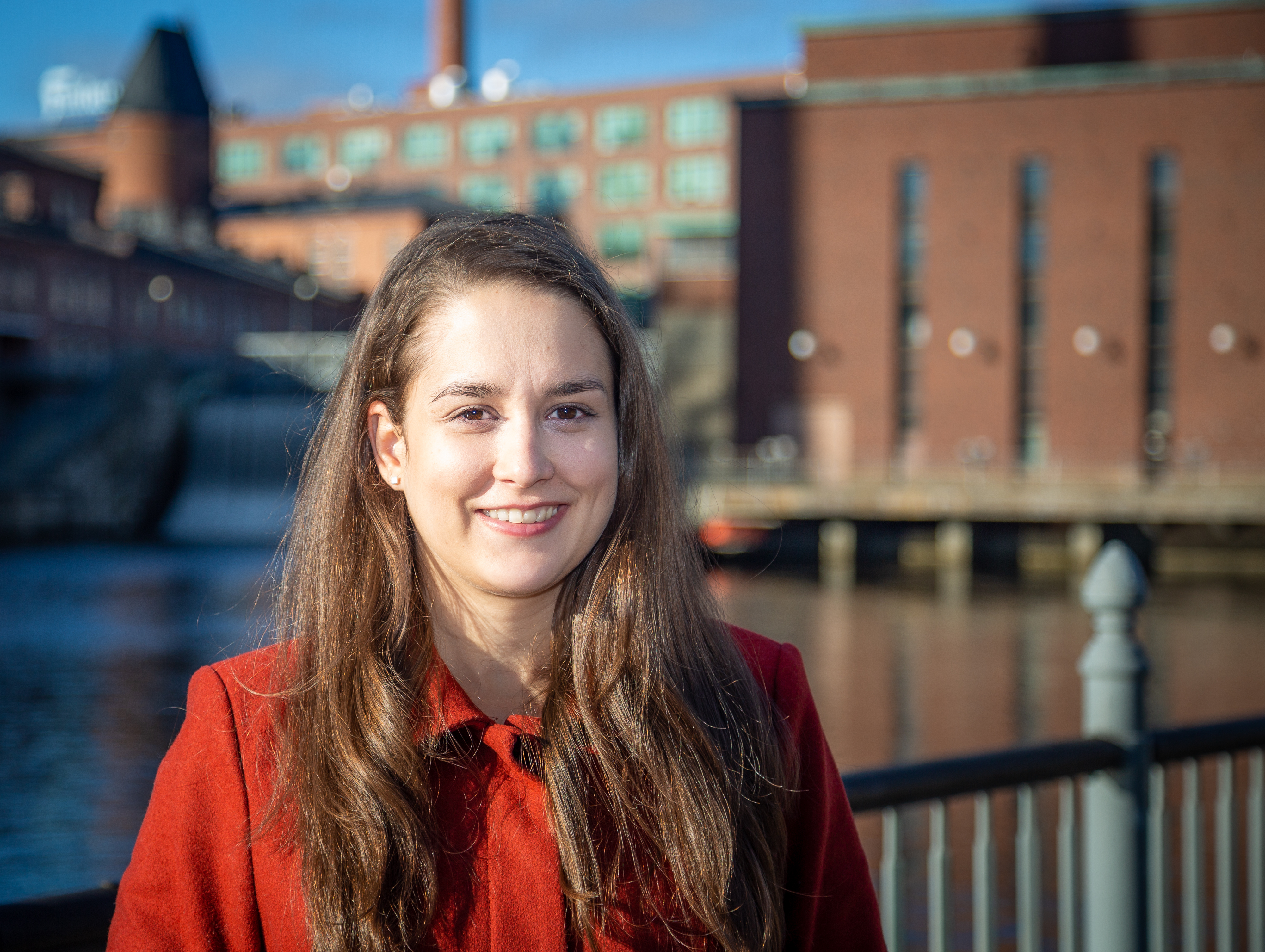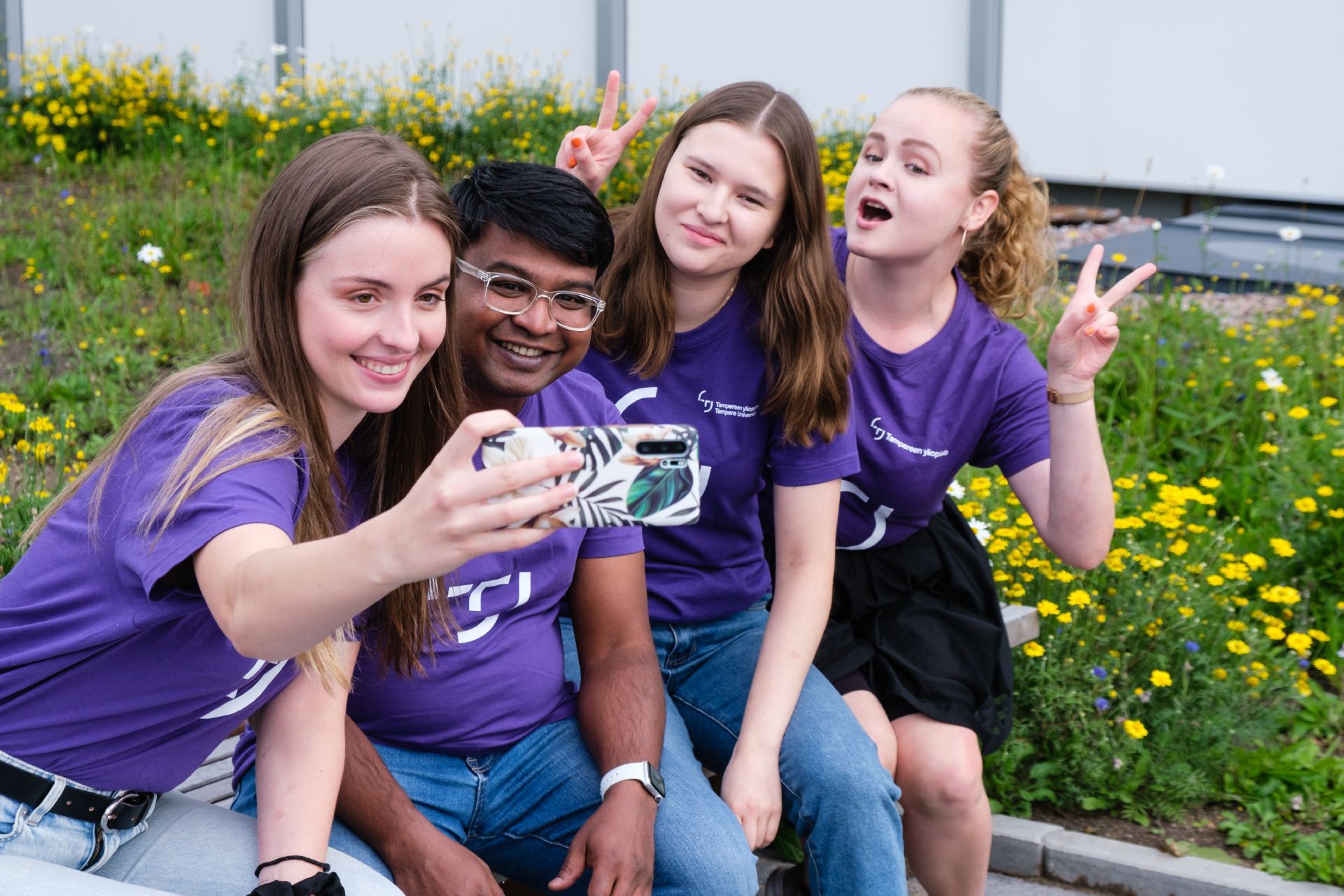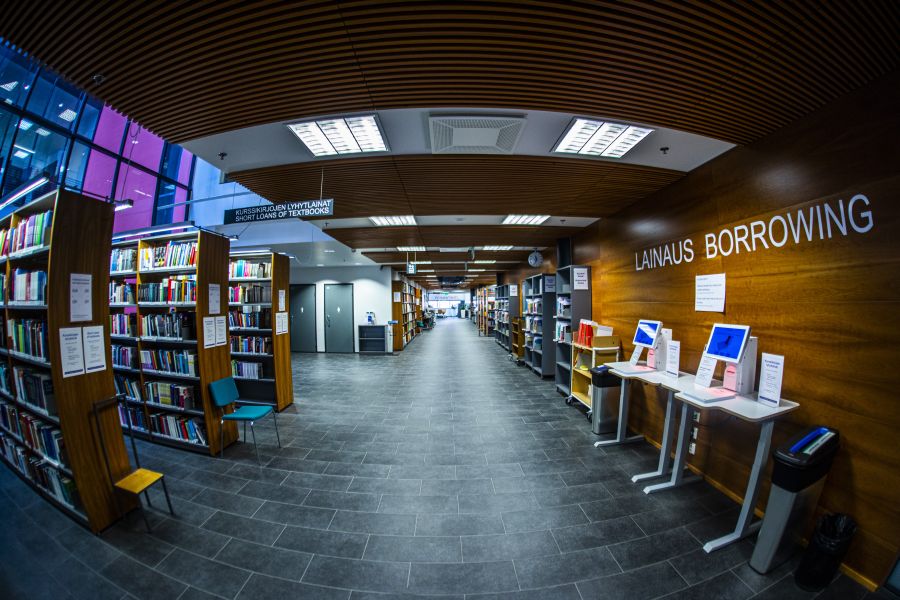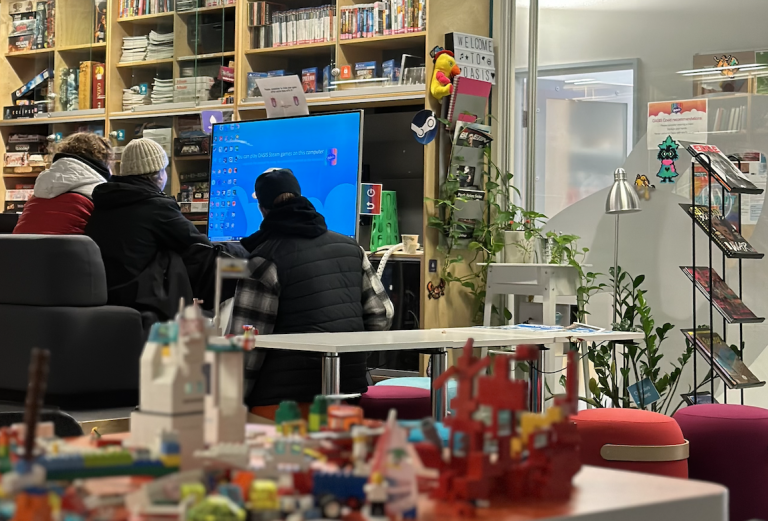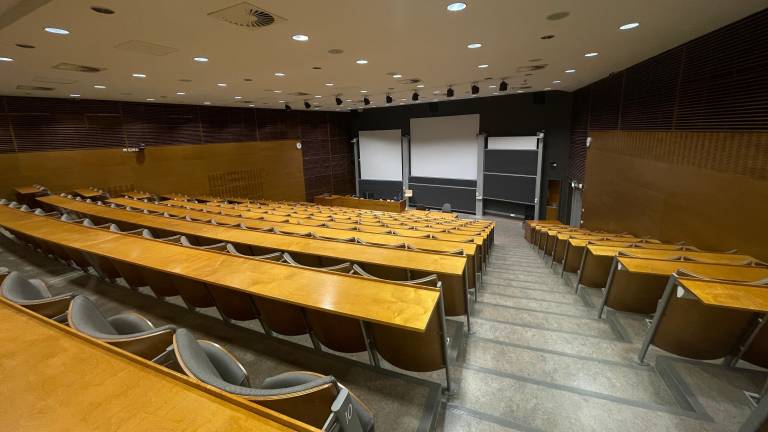What does Tampere University have to offer for me to reach my goal? I would like to talk briefly about the resources and tools that PhD students have at Tampere University. This is a very general summary because these differ greatly from programme to programme and from student to student. If you would like to know more particularly in your programme, don’t hesitate to contact someone from the faculty where you intend to apply because they will be able to provide more detailed information.
Courses for doctoral studies
Tampere University has a wide range of courses available for PhD students. Each programme and faculty have different courses to offer. For example, my faculty organises every other week a research seminar where PhD students meet to discuss research issues. In general, faculties offer trainings and courses upon request and/or demand. On the other hand, the library also organizes trainings and offers personal guidance for PhD students.
The courses and the guidance range from open access publications and data management to trainings in using research information systems. However, most of the courses I’ve taken were organised by the doctoral school. These courses aim to help students to develop essential skills related to research, research methodologies and research ethics.
The Doctoral school offers around 50 courses on a yearly basis. These are in English and Finnish and they are taught online and in a physical classroom environment. If you want to learn a little bit more, let Pirjo Nikander, Research Director, explain the work that the Doctoral school does:
As Pirjo mentions in the video, the doctoral school arranges the Doctoral Morning Coffees. These are not courses as such. They are more like (in)formal gatherings to learn about relevant issues that deal with the PhD studies and life, such as research ethics, open science, funding, relaxation techniques, etc. They take place every two weeks but now due to the current situation they are organised once a week online.
I would like to mention that, as a PhD student, you are also allowed to take courses from other degree programmes. For instance, you may be interested in taking a course on gender policies from the master’s programme in Gender Studies because it may benefit you and your research. This is not only allowed but encouraged. However, you can just as well pick a course from the language centre to learn Chinese, just because you feel like learning Chinese.
Resources and facilities
It goes without saying that the needs of each researcher, in terms of resources, support and facilities, vary greatly for each individual. For instance, the equipment and the technology used by a PhD student in the field of medicine is very different to the one used by someone researching in linguistics, as it is my case.
I’m a little bit clueless when it comes to all the possibilities that are available for PhD students at our university, but I can tell I had access to technology, software and trainings that were not available in the university where I did my bachelor’s programme. More particularly, I had the possibility of using eye-tracking technology to measure readers’ reactions to sexist language in English. Using eye-tracking may be common in some fields such as medicine or psychology, but it is something rare if not unique in sociolinguistics.
If you are interested in learning what other students are doing, below you can find the videos of two other fellow researchers at Tampere University talking about their projects and the resources they had available:
The Library
The library is one of the most important places for a researcher, and our library with its services supports not only learning but also research. Tampere University has three libraries: Linna for social sciences, economics, humanities, education and communications, Arvo for medicine and health sciences and Hervanta for technology and architecture. As a student at Tampere University, you can access the three library units in campuses at Tampere University of Applied Sciences too.
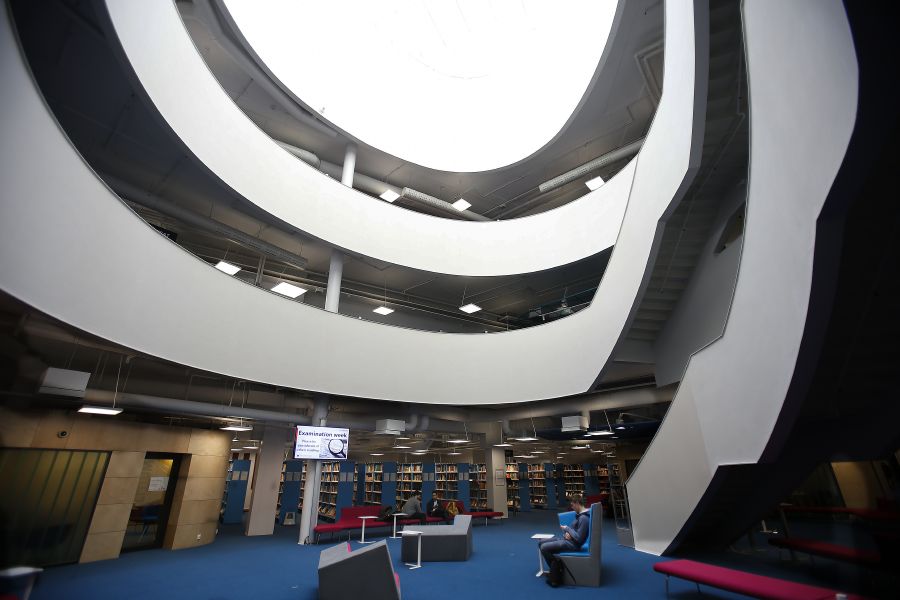
The Library is well stocked, it has access to 402 data bases. You can access these materials remotely using your credentials (it may be something you may give for granted but I’ve heard of universities where you can download articles only from the library’s computers).
Regarding printed materials, there is a wide range of books: 406 365 titles to be exact. The loan period is 28 days for regular books and 14 days for textbooks. There is no maximum number of loans at once, which means that you can borrow as many as needed. Regular books can be renewed for as many times as you want (unless someone else reserves a book that you have borrowed). If there is any material you need for your research, the library can purchase printed books, journals and e-materials. You’d not only help your own cause but your field and fellow researchers.
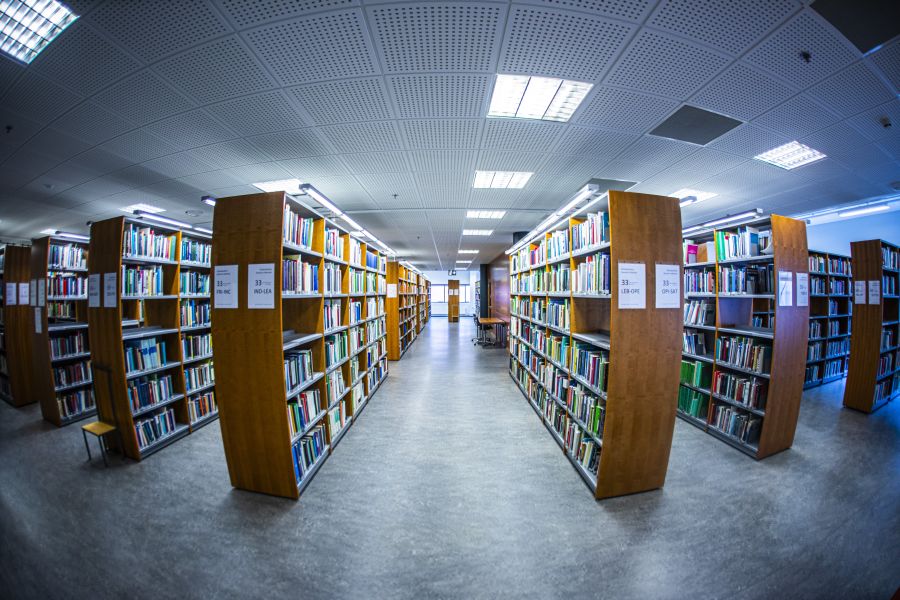
The libraries are open at least from Monday to Friday a wide range of hours (see the opening hours here). It’s worth mentioning that of these three, the library of Hervanta is fully open 24/7. In Linna, there is a Silent Reading Room and in Arvo the Learning Center that are open 24/7 as well. The library offers different learning spaces for students, such as group study rooms in these three locations. There are also 3D printers and virtual reality devices in Hervanta.
To conclude, I would like to mention that what has helped me the most to develop as a researcher has been the cooperation with people from my own faculty and other research units. I often find myself not knowing how something works or what to look for, and asking for help has always worked. And that’s my advice as as PhD student to you: ask! There are many things that are given for granted and that can’t be found online. There’s a great team of experts working at Tampere University who will be willing to lend a hand.
– Mónica
